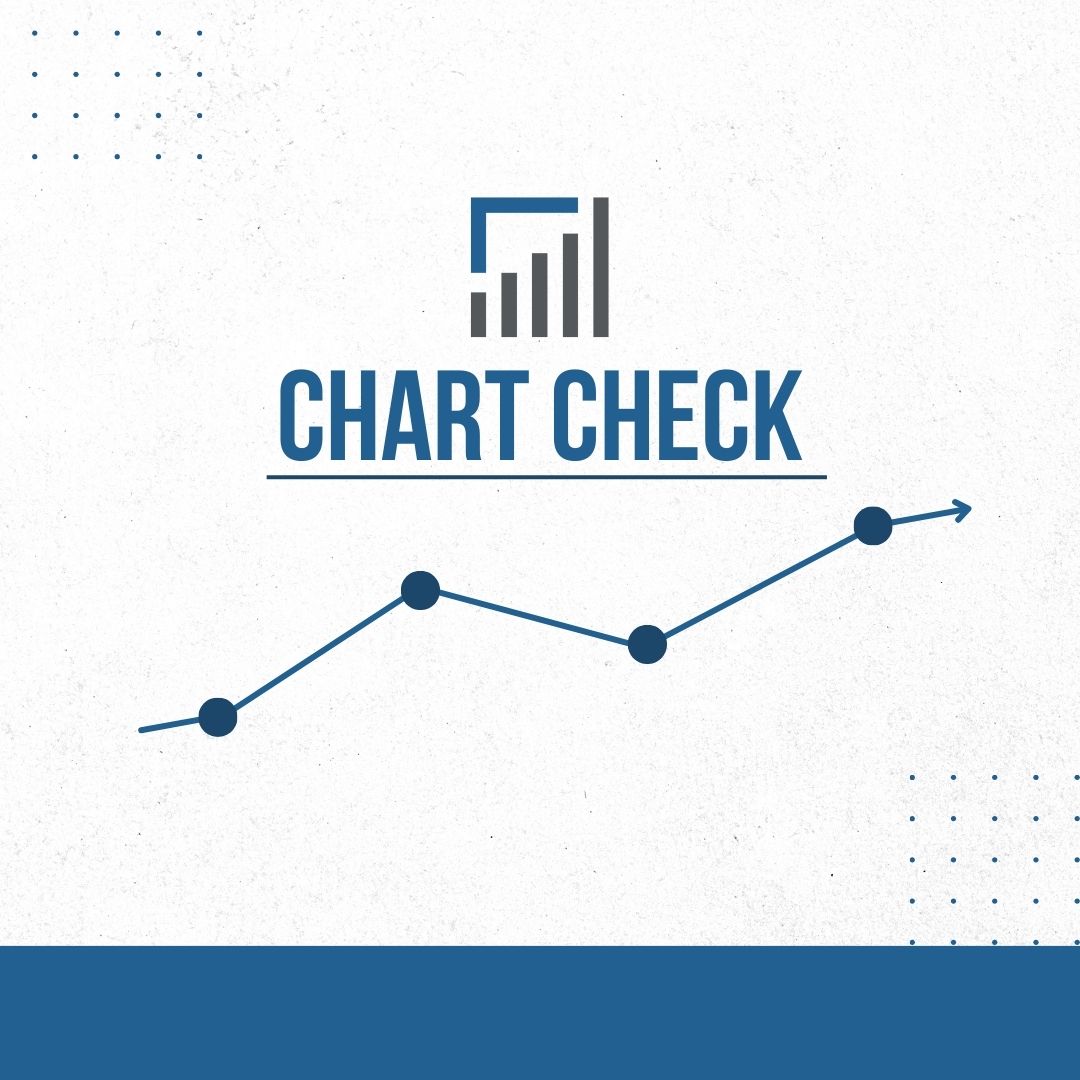In recent years, the unauthorized disclosure of confidential tax information of high-profile individuals has made significant waves in the media. From the detailed tax return revelations of then-President Trump in 2020 to the unveiling of tax details of the uber-rich in 2021, the ramifications of these tax leaks have been far-reaching. Let’s take a closer look at the timeline, the consequences, and the responses from the concerned parties.
Major Revelations: Tax Returns of The Elite in The Limelight
In September 2020, the New York Times took the media world by storm by publishing intricate details from President Trump’s tax returns for 2016 and 2017. Another explosive story followed this in June 2021 when ProPublica shed light on the tax returns of thousands of the wealthiest taxpayers. Among those whose financial details were exposed included prominent figures like Jeff Bezos and Elon Musk.
The disclosure of this private financial data, which was supposed to be securely stored within the confines of the IRS, naturally caused a major uproar. With the public and the exposed elite demanding answers, immediate promises of an in-depth investigation into these tax leaks were made.
Ken Griffin, a billionaire whose tax information was also laid bare to the public, filed a lawsuit in response to the unauthorized release of his financial details. As of now, this lawsuit remains pending.
Identifying the Tax Leaks Culprit: Charles Littlejohn Under the Spotlight
After an investigation spanning over two years, the mystery has been unraveled. Charles Littlejohn, the individual believed to be behind both of these major tax leaks, has been indicted. Charged with a single count of unauthorized disclosure of tax information, he could be looking at a potential five-year prison sentence if convicted.
The question on everyone’s mind is: how did Littlejohn gain access to such sensitive information? Initial reports suggest that he was employed by a contractor, which granted him access to crucial files at an IRS center located in West Virginia. However, specifics regarding his modus operandi or the series of events that led to his eventual capture are yet to be made public.
Bolstering Defenses: IRS’s Steps to Ensure Data Integrity
The IRS has taken significant measures to fortify its defenses in light of these breaches. The objective is to ensure that such breaches do not recur, preserving the confidentiality of taxpayer information. IRS Commissioner Danny Werfel voiced the agency’s commitment, stating, “Any disclosure of taxpayer information is unacceptable. The IRS has established new protocols and protections that tightened security, and our aggressive work in this critical area continues to protect taxpayers’ tax and financial information.”
Victims and their Rights: The Justice Department Steps In
According to reports from the professional journal Tax Notes, those who found themselves at the receiving end of this breach, the victims of the IRS leak, were duly contacted by the Justice Department. The intent was to discuss the possibility of entering a plea agreement regarding the unauthorized disclosure of their tax return data. Moreover, they were informed of their rights under the Victims’ Rights and Restitution Act.
Balancing the Scales: A Question of Proportionality
The enormity of the tax leaks and their implications have not gone unnoticed. Former Acting IRS Commissioner David Kautter weighed in on the issue, expressing his concerns over the gravity of the charges. He observed, “Given the amount of harm caused, while I am glad that the federal government has finally charged someone, I am not sure that the charges brought are proportional to the amount of damage done.” This sentiment hints at the possibility that the plea agreement might be linked to these reservations about the proportionality of the charges.
While the legal proceedings are still in motion, the ramifications of these tax leaks have certainly highlighted the paramount importance of data security. Ensuring the confidentiality of client and taxpayer information remains an ongoing challenge and priority for institutions worldwide.
If you are a Legacy client and have questions, please do not hesitate to contact your Legacy advisor. If you are not a Legacy client and are interested in learning more about our approach to personalized wealth management, please contact us at 920.967.5020 or connect@lptrust.com.
This newsletter is provided for informational purposes only.
It is not intended as legal, accounting, or financial planning advice.




